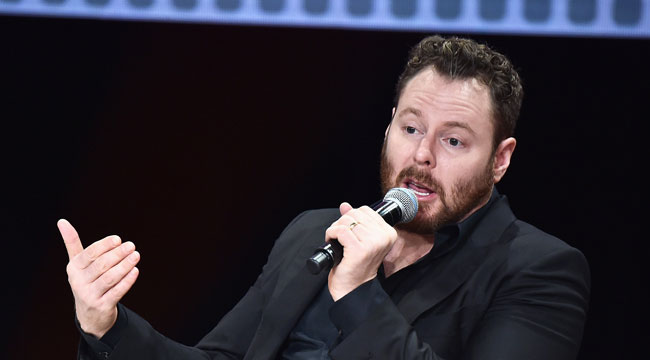
Flying heaps of criticism land upon Facebook CEO Mark Zuckerberg on a regular basis. Most recently, this has involved the social media platform’s belated attempts to weed out fake news, fake accounts, and advertising dollars from Russia that may have influenced the election and contributed to a cultural divide. Zuckerberg made amends for that, but he may not have expected the many critiques spoken by Facebook Ex-President Sean Parker at an Axios event.
Parker told his audience that he wouldn’t be surprised if Zuckerberg blocked him from Facebook after the evening ended. He then delivered an intriguing glimpse of how the company was designed with one goal in mind: “How do we consume as much of your time and conscious attention as possible?” From there, he said that the system of “likes” was based upon giving users “a little dopamine hit” in the form of friendly approval. Parker worries about how the resulting zeitgeist changed how humans relate to one another and maybe tweaked the minds of future generations:
“The unintended consequences of a network when it grows to a billion or 2 billion people and … it literally changes your relationship with society, with each other … It probably interferes with productivity in weird ways. God only knows what it’s doing to our children’s brains … It’s a social-validation feedback loop … exactly the kind of thing that a hacker like myself would come up with, because you’re exploiting a vulnerability in human psychology.”
That vulnerability and dopamine hit in turn motivate people to post more often, which generates more page views for Facebook and, therefore, more ad revenue. The process is both genius and possibly destructive, but it’s the world we live in today.
Following the enormous success of Facebook, other developers have gone on to cash in on users’ narcissistic tendencies as well. Hence the rise of Instagram, Snapchat, and so many more ways to distract oneself from reality. Parker admits that he and Zuckerberg “understood this consciously” — meaning that they realized they were taking advantage of individuals’ inherent need for approval from others, “and we did it anyway.”
No word yet on whether Zuck will respond. His own Facebook profile reveals that he’s been in Oklahoma over the past day, visiting with Dreamers and exploring wind farms. He and Parker have certainly used their Facebook cash for philanthropic ends, but the means by which they achieved this will undoubtedly bring further ramifications for generations to come.
(Via Axios)
